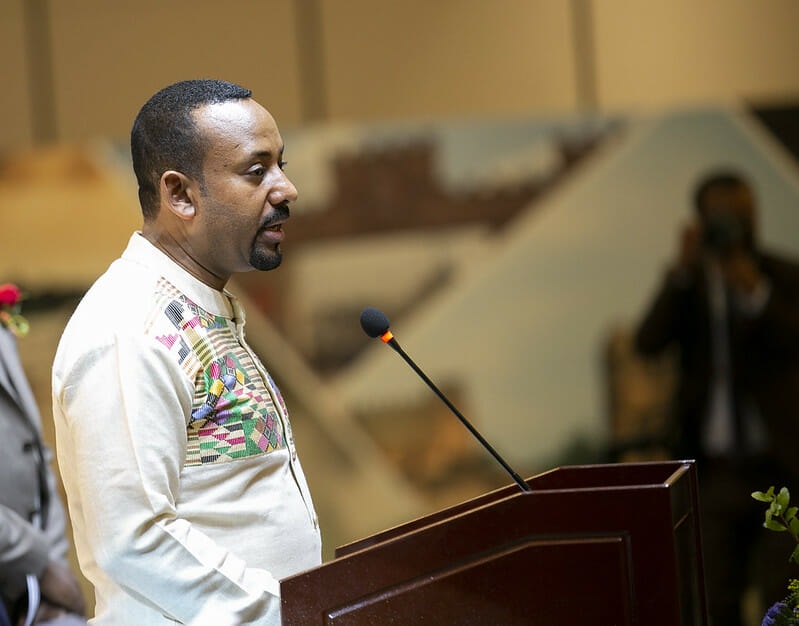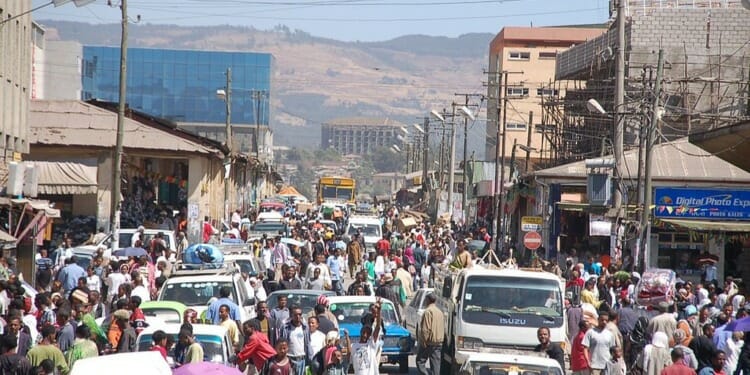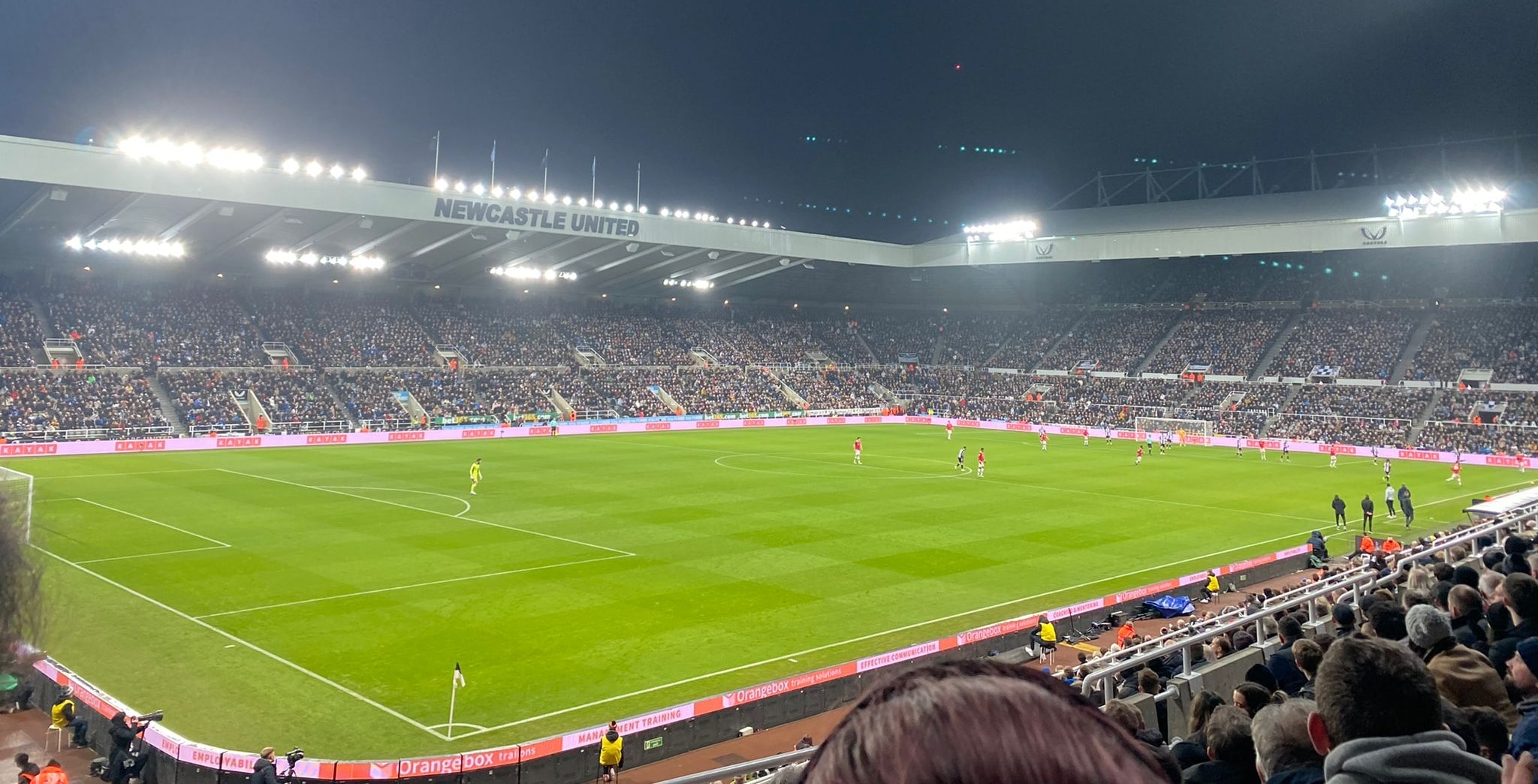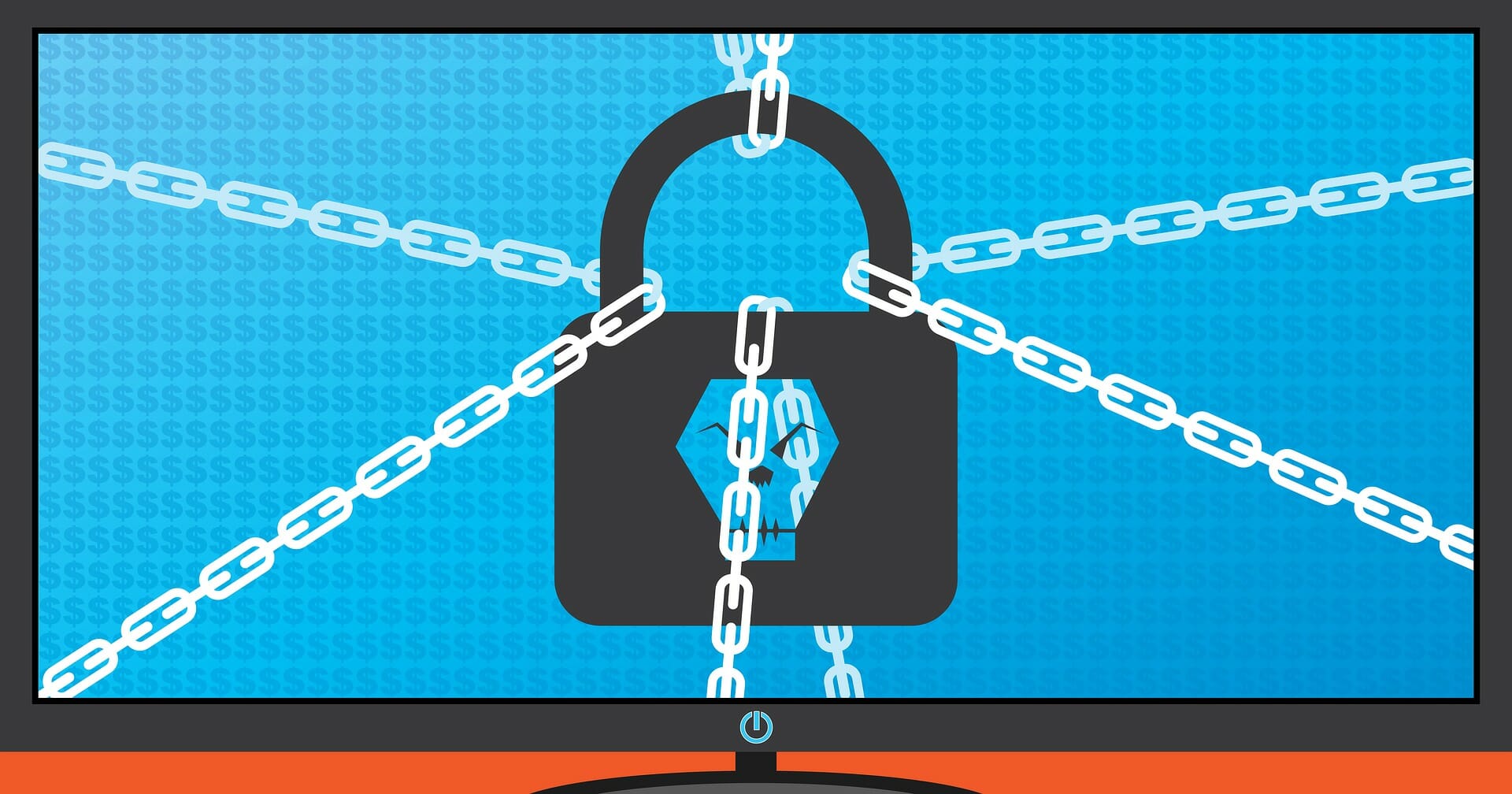Ethiopia’s government has declared a state of emergency as the conflict in the northern Tigray region worsens. Authorities in the capital, Addis Ababa, are preparing for a possible military assault of the Capital by TPLF (Tigray People’s Liberation Front) forces. While so far efforts at mediation have failed, new efforts are underway Thursday with a U.S. special envoy visit and the president of neighboring Kenya calling for an immediate cease-fire.
The Ethiopian government called on citizens to take up arms against TPLF, with a now-removed Facebook post from the country’s president Abiy Ahmed calling for citizens to “organise and march through [any] legal manner with every weapon and power… to prevent, reverse and bury the terrorist TPLF”. Facebook removed the post for inciting violence.
Violence between the government and the rebel TPLF group began a year ago but has increased in the past few days, as rebel forces get closer to taking the capital. The group has already taken two strategically important towns, Dessie and Kombolcha.
A recent UN report has found that both sides have violated international human rights, some of which might amount to war crimes. This report, a joint investigation with the Ethiopian Human Rights Commission (EHRC) brings up evidence of extra-judicial executions, torture, rape, and attacks against refugees.
However, there is a belief among those close to the report that its coverage was deliberately limited by Ethiopian authorities. According to the Associated Press, the collaboration between the UN and the EHRC raised concerns with ethnic Tigrayans and other human rights groups. The UN’s office in Ethiopia is also relatively inexperienced – and the UN office in Geneva claims it wouldn’t have been able to enter Tigray without the EHRC’s permission. On top of this, A UN staffer and one of the leaders of the report was fired before it was released.
🔴 Tigray rebels launched a full-scale offensive deep into #Ethiopia and are moving towards the capital of Addis – Ababa.
The Ethiopian army is demoralized and is surrendering en masse, two divisions recently surrendered and two suffered heavy losses,
📸 pic.twitter.com/FSeKf4ZgiC— Mete Sohtaoğlu (@metesohtaoglu) October 31, 2021
Thanks to a declaration of a state of emergency, the prime minister has enabled sweeping powers which allow him to arrest anyone suspected to be a member of the TPLF or aiding their efforts, with those owning weapons forced to hand them over to the government. The justice minister announced in a press conference that anyone over the age of 18 would be called to fight in the conflict.
Related Articles: The Internal Climate Migration Crisis: Tens of Millions to be Displaced in East Africa by 2050 | A New Report Identifies Key Financial And Policy Reforms Needed To End Energy Poverty In Ethiopia | Syrian Conflict: Proxy or Civil War?
A year on from the beginning of the conflict in Tigray: violence continues to escalate
Ethiopia is a very populous and culturally diverse country. It is home to 115 million people and 80 different ethnic groups, including the Tigrayans.
Violence in the Tigray region of Ethiopia first broke out in November 2020, due to disagreements between Tigray forces and the current prime minister Abiy Ahmed’s government.
Abiy Ahmed was elected prime minister in 2018, partly on his pledge to heal religious and ethnic divisions in the country: rather ironic now that the country is embroiled in one of the biggest clashes between ethnic groups in recent memory. His move to make peace with the neighbouring country of Eritrea after 20 years of war angered Tigrayans, as they have had a long history of tensions with the country.
Their anger came to a boiling point when Ahmed delayed elections in 2020 due to COVID. The TPLF held their own regional elections and won. Ahmed’s government denounced the results. From this point, violent clashes broke out which escalated into the conflict that the country is struggling with today.

Eritrea has also entered the conflict on the side of the Ethiopian government. According to the UN report, forces belonging to Eritrea, a country that has a history of human rights abuses, killed more than 100 civilians in central Tigray in 2020.
The conflict so far has seen thousands of casualties and more than 2 million people fleeing their homes. Hundreds of thousands are set to face famine, due to blockade imposed on the Tigray region. The international response is largely one of condemnation: president Biden has threatened to impose sanctions if the government does not pursue peace talks soon.
There is a supreme irony in this tragic situation: Ethiopia’s Prime Minister Abyi Ahmed had been the recipient of the Nobel Peace prize in October 2019 but far from establishing peace in his country, he has gone to war.
What is worth noting is how volatile the situation currently is, and how fragile the Ethiopian state now looks. It’s difficult to truly understand what is happening within the country as there serious “access issues”, as noted in the UN report.
While the Tigrayan fighters should be condemned, it’s clear that Ahmed is giving them good cause to fight, given the brutality of his army and the famine imposed on the region. While the outcome is still shrouded in uncertainly, we can only hope that the conflict moves towards a peaceful resolution soon.
Editor’s Note: The opinions expressed here by Impakter.com columnists are their own, not those of Impakter.com. — In the Featured Photo: Addis Ababa. Featured Photo Credit: Sam Effron via Wikimedia Commons.














